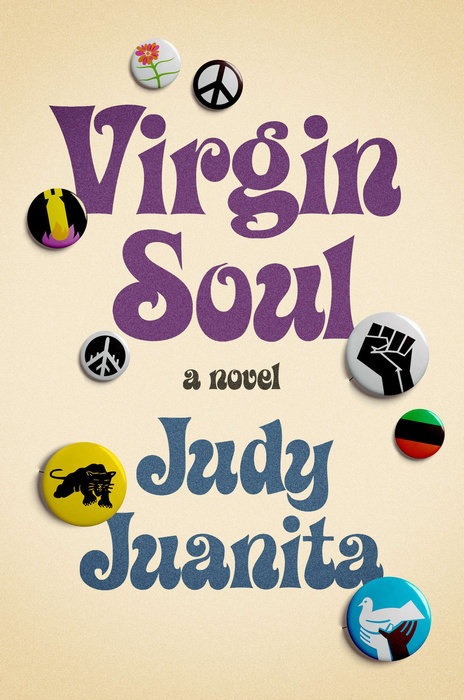Collectors Weekly: When you were part of the Black Panther Party, what were the group’s objectives?
Juanita: The objectives were very clear-cut. They were repeatedly broadcast and put into the newspaper every week—the Ten-Point Program. We learned in political education classes that one of the tasks of the Party, the vanguard of the revolution, is to show the people the way. It’s not as though the Black Panther Party alone could stand up and fight the police. It was to show the community we don’t have to let an occupying army come into our communities and take over and slaughter us.
The media put a lot of emphasis on the guns, but there were many community-service programs, like the free health clinic and Breakfast for Children program. The aim of these social programs was to show the community and the government, “This is what a just society should do.” In a just society, particularly one that is as wealthy as this one, no child should be going to school hungry. Now, the government funds breakfast programs in schools, but it wasn’t doing so back then.
When the Black Panther Party launched these programs, the United States didn’t have food stamps. We created more than 60 programs. You know how they would occur? People would go up to Bobby and say, ‘We have this problem where people can’t see their family in prison.” Bobby would say, “I think that we should have a visitor run. Go do it. You’re in charge of it.” That was incredible and empowering. So the Black Panther Party also started taking families to visit inmates in San Quentin prison. The person in charge would get a bus and then let word out in the community, “We’re going to meet at X place, and we’re going to take you to visit your family member in San Quentin.”
In the ’60s, people were looking at end-of-the-world scenarios with the atomic bomband the Cold War. “Tricky Dick” Nixon got elected during this period, and the Vietnam War was ongoing. Women who were graduating college, Hillary Clinton’s generation, were saying, “I’m not going to have any children because I don’t want to bring a child into this world.” That was the most popular type of valedictorian speech at the women’s colleges at the time.
People had a very anti-government sentiment—we weren’t expecting the government to respond. No, all of those changes happened gradually over the next couple of decades. They didn’t happen right away. Instead of being frustrated, people had an attitude of resistance. The government was the antagonist. The American counterculture, we were the protagonists.

